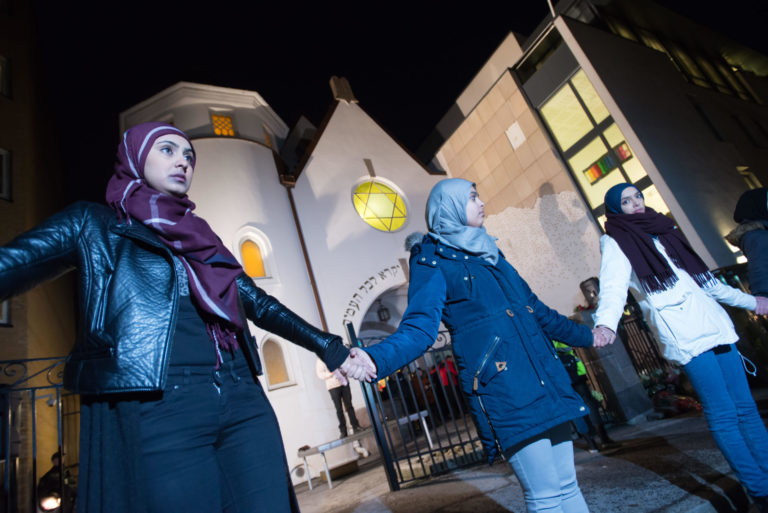Who decides how you worship — or if you can at all?
This week’s #FirstFreedomFive reveals a sobering truth: Around the world, governments aren’t protecting the free exercise of religion—they’re controlling religion. From courtrooms to detention centers, faith is being co-opted, criminalized, or confined.
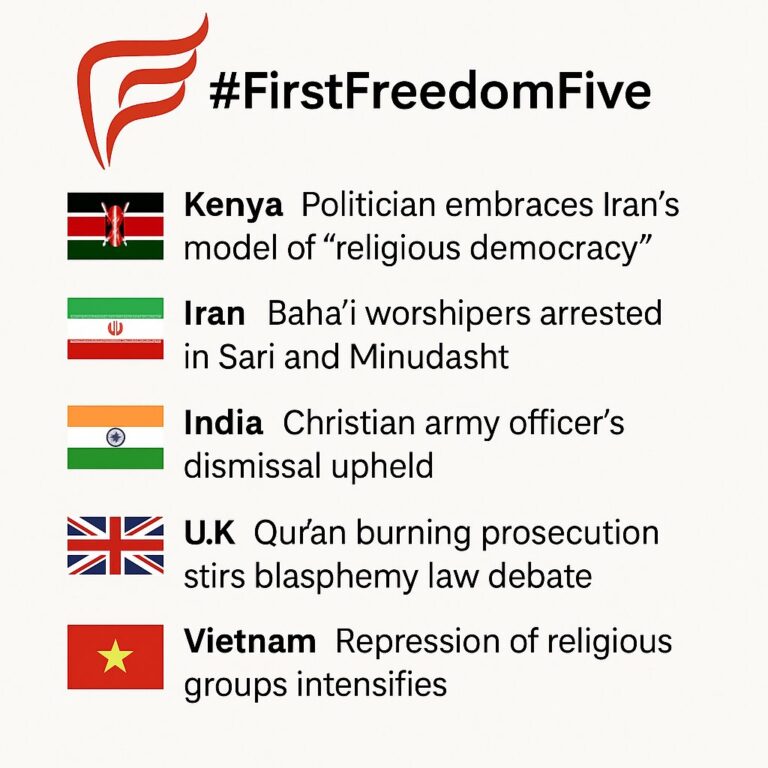
1
Kenyan Politician Embraces Iran’s Model of ‘Religious Democracy’
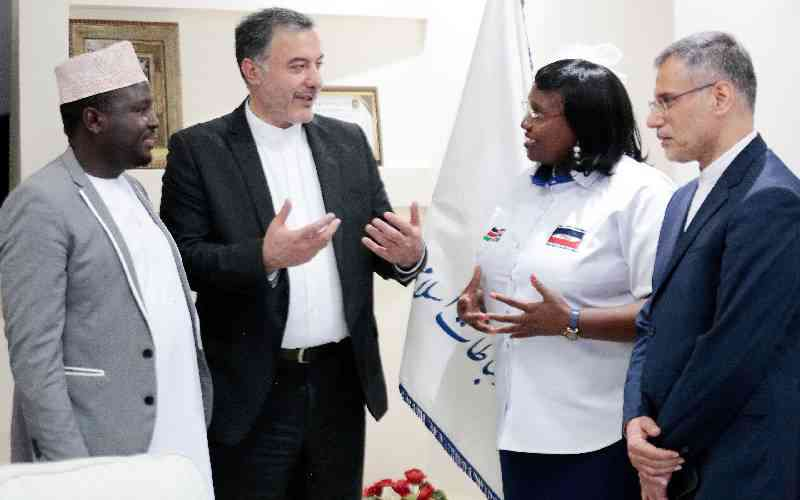
As liberal democracies falter, theocratic models are finding new audiences.
At a Nairobi conference honoring Ayatollah Khomeini, Iran’s ambassador urged Kenya to adopt a system of “religious democracy”—the same framework used to justify Iran’s repression of dissenting faiths. Alarming observers, Kenya’s National Assembly Majority Leader Kimani Ichung’wah openly endorsed the idea, praising Iran’s “balance” between faith and governance.
The timing couldn’t be more striking: Kenya is set to host the IRF Summit Africa on June 17th, a gathering meant to champion religious freedom.
To learn more about the @IRFSummit visit https://irfsummit.africa
2
Three Baha’i Women Arrested in Iran, Taken to Undisclosed Location
Days after a Kenyan official praised Iran’s “religious democracy,” three Baha’i women in Tehran were arrested and disappeared into the regime’s prison system.
Shaghayegh Dehghan, Farzaneh Atai, and Mina Rowhani were taken from their homes by security agents on May 27. Their families have not been informed of their whereabouts or the charges against them.
Rowhani is a mother. Atai has faced previous interrogations. All three are being targeted solely for their faith.
The Baha’i community in Iran faces systemic repression: barred from universities, denied jobs, their homes razed, and their cemeteries defiled. This latest arrest is part of a long, painful pattern.
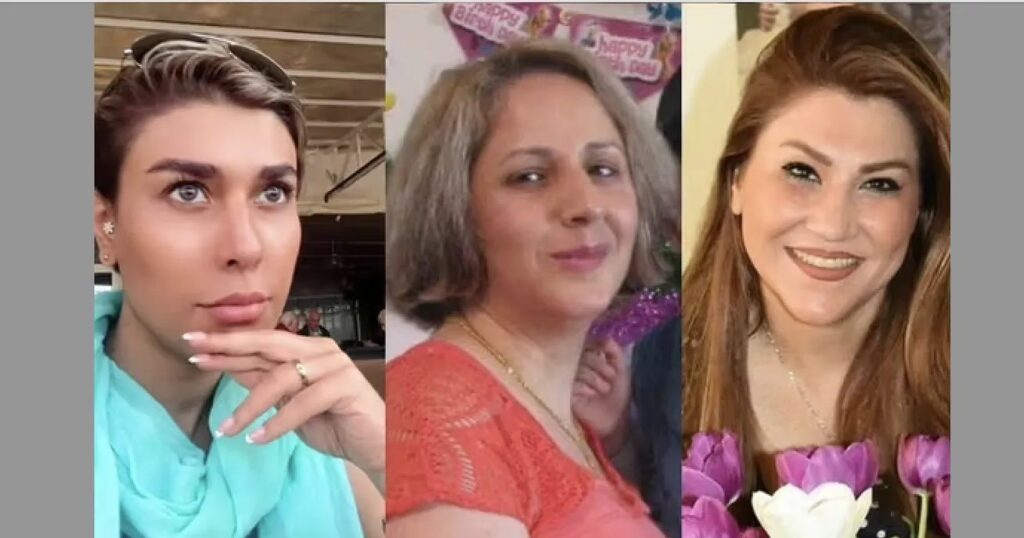
3
Christian Army Officer Dismissed in India for Refusing Hindu Rituals
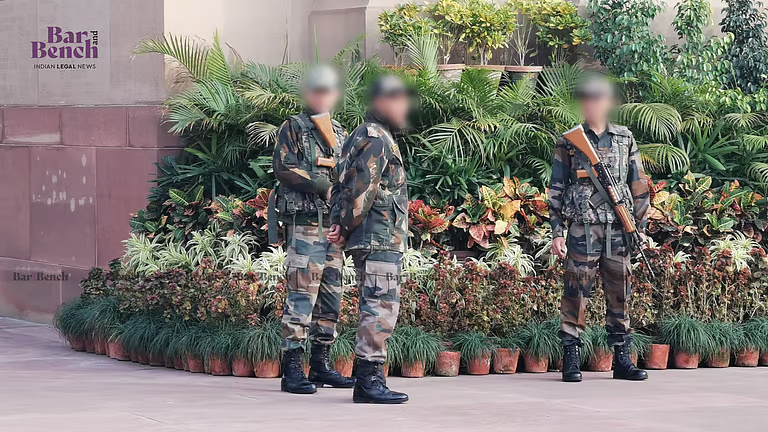
The Delhi High Court has upheld the dismissal of a Christian Indian Army officer who declined to participate in religious rituals specific to his regiment’s Hindu traditions.
Lieutenant Colonel Pankaj Kumar—a practicing Christian—was removed from service after he objected to performing duties that included organizing temple ceremonies, reciting mantras, and overseeing idol worship.
Kumar argued that these responsibilities violated his religious conscience and constitutional rights. But the court ruled that such rituals are “non-denominational” and integral to regimental discipline and tradition.
India’s constitution guarantees freedom of religion. But this case raises questions about how far that protection extends—especially within institutions rooted in specific cultural practices.
4
Blasphemy by Another Name? UK Charges Man Over Quran Burning
The man was arrested after burning a Quran outside the Turkish embassy in London, filming the act, and sharing the footage online. He was charged under hate crime legislation.
Critics warn that the case may signal a quiet return to blasphemy law in Britain—just years after such laws were formally abolished.
The case has ignited debate over how far free speech can—or should—go when sacred symbols are involved. Authorities say the act was not mere expression but was “intended to stir up religious hatred.” For free speech advocates, it’s a test of whether offense alone can justify criminal punishment.
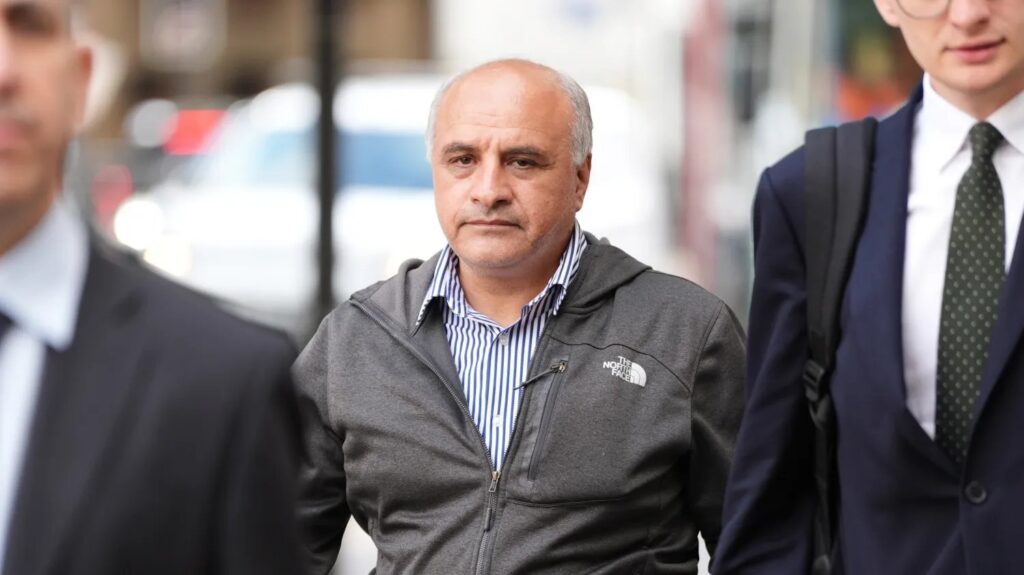
5
Vietnamese Religious Refugees Detained, Threatened in Thai Immigration Centers
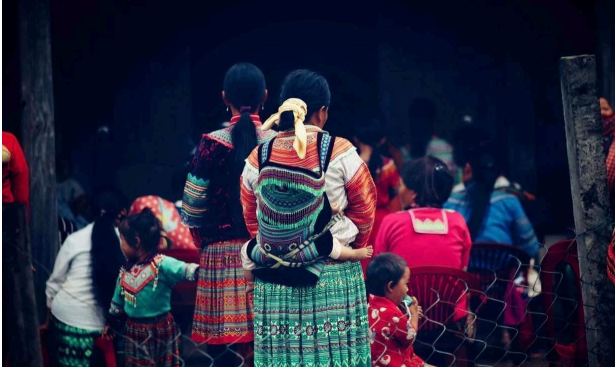
A new report submitted to the UN exposes how Vietnam continues to harass religious refugees—far beyond its borders.
A shadow report filed by BPSOS to the UN CEDAW Committee reveals that Vietnamese refugees—many fleeing religious persecution—are facing abuse and intimidation while detained in Thailand’s Immigration Detention Center (IDC).
One Vietnamese woman, a religious refugee, was granted bail and secured a sponsor—yet she remains behind bars with no clear explanation. Advocates say she’s being held at the request of the Vietnamese government. She doesn’t know when—or if—she will be released.
The report also details dire conditions for women and children in the IDC, including overcrowding, lack of medical care, and reports of violence by detainee “room leaders” acting with impunity.
Though Thailand is not party to the Refugee Convention, human rights groups say the government has a duty to shield refugees—not hand them back to their persecutors.
Full report: https://dvov.org/wp-content/uploads/2025/06/Thailand-ALTERNATIVE-REPORT-clean.pdf
Good News Bonus
Vietnamese Pastor Released After 12 Years in Prison
Jailed for his faith. Freed at last.
Pastor Nguyen Cong Chinh, a prominent evangelical leader and advocate for Vietnam’s ethnic and religious minorities, has been released after spending 12 years in prison for his ministry.
Chinh was arrested in 2011 and convicted of “undermining national unity”—a charge often used to silence religious and political dissent. During his incarceration, he endured solitary confinement and repeated abuse. His wife and children were harassed and evicted multiple times.
Despite everything, Pastor Chinh never renounced his faith. His release comes after years of advocacy by international human rights organizations.
In a country where religious prisoners still languish behind bars, his freedom is a powerful sign that persistence and pressure can make a difference.
https://persecution.org/2025/05/30/vietnamese-pastor-released-from-prison-after-12-years
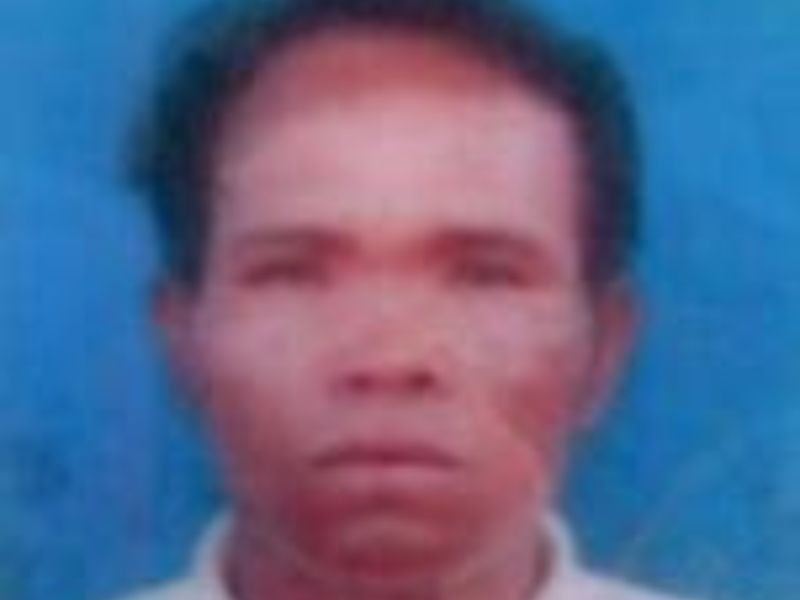
That’s a wrap on this week’s #FirstFreedomFive — five stories you might have missed in the global fight for freedom of religion or belief.
Like, follow, and share to help us shine a light where others look away.
Together, we can defend #FoRB4All.
